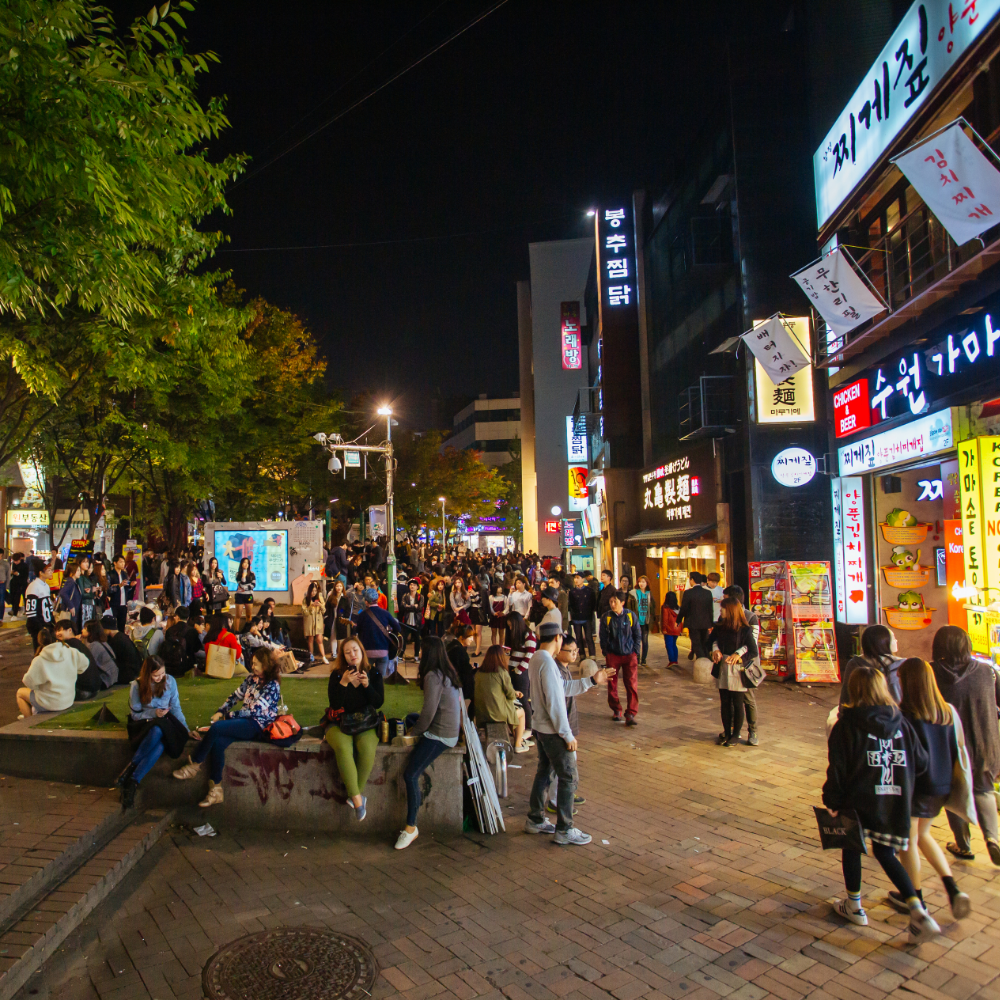K-POP Demon Hunters: When Idol Culture Meets Demon Slayers
Netflix's animated film "K-POP Demon Hunters" has taken 2025 by storm—mixing idol obsession, supernatural battle, and global music success. Discover how a fictional girl group is reshaping K-pop's global narrative.

What Is K-POP Demon Hunters?
Released on June 20, 2025, K-POP Demon Hunters is an animated musical fantasy film on Netflix produced by Sony Pictures Animation. It follows the girl group HUNTR/X—three idols who moonlight as demon hunters protecting fans from supernatural threats. Their enemies? A rival boy band called SAJA BOYS—who happen to be soul-eating demons in disguise.

A Soundtrack That Outshined BTS
The film's fictional soundtrack became a real-world chart-topper. The girl group anthem "Golden" by HUNTR/X debuted at #3 on Spotify US, while SAJA BOYS’ villain anthem "Your Idol" hit #2—surpassing BTS's "Dynamite" in daily streams. The full album even reached #8 on the Billboard 200.
Fans around the world are covering choreography, streaming tracks, and treating these animated idols like real K-pop artists—blurring the lines between fiction and fandom.

Cast, Visuals, and Animated Impact
Voiced by Arden Cho, Ahn Hyo-seop, Lee Byung-hun, Ken Jeong, and Lea Salonga, the cast brings diverse global voices to the screen. Directed by Maggie Kang and Chris Appelhans, the visual style blends high-octane K-pop aesthetics with Korean folklore motifs.
From neon-lit dance battles to haunting hanbok-inspired demon designs, the animation pushes the limits of K-culture representation. It's Studio Ghibli meets Blackpink—with swords.

The Cultural Message Beneath the Glitter
Beyond its flashy choreography and viral soundtrack, the film critiques the pressures of idol life, fan exploitation, and manufactured perfection. HUNTR/X's double life mirrors the duality many real-life idols experience—performers by day, burdened individuals by night.
It also calls out fandom extremism: fans in the film are possessed by obsession, manipulated by the very industry they idolize. It's a fantasy with sharp teeth—and a mirror held up to pop culture.

Dr. Beau's Note
K-POP Demon Hunters proves that K-content is evolving into bold, cross-genre storytelling. It’s not just about fantasy—it’s a sharp commentary wrapped in rhythm. This is how Korean culture weaponizes creativity to dissect fame, identity, and collective obsession.











